This week, New York Times Bestselling author Ellen Hopkins was uninvited to the Humble Teen Lit Fest because a librarian and few "concerned" parents complained about the content of Hopkins' books. They were worried that her books might have a negative impact on students & their children. If you are unfamiliar with the incident, read more on Hopkins' blog HERE. Several authors, including Melissa de la Cruz and Pete Hautman, who both pulled out of the festival, also posted about the incident so I'm not going to write about it here.
I'm going to write about what I think it MEANS — as a writer, teacher, and parent. And like any good teacher, I have some questions.
What is the most dangerous threat to us as society, and as individuals?
{It isn't a gun or a knife, or a weapon of any kind. It's an idea. When an idea takes root, it can bring about anything from war and genocide to crime and school violence.} That's the rhetoric that has led to everything from book banning to the mandatory rating system for music in the 1980's (thanks to the PMRC — Parents Music Resource Center). The message is clear: Some ideas are dangerous & young people should not be exposed to them.
It's a clever concept, and easy to buy into if you don't read between the lines. Because some ideas are dangerous, potentially any idea can be. What's more dangerous is the systematic exclusion of ideas, otherwise known as CENSORSHIP.
Is it easier to convince some to use drugs if they have no idea what the dangers are, or if they've been exposed to the reality of drug abuse — from let's say — a BOOK?
Is a teen more likely to commit an act of violence at school because she read a book about a kid who committed one? Maybe. People are fragile, especially if they suffer from depression. But what about all the teens who feel angry and isolated and read that same book, and decide they don't want to end up like the protagonist? What if the book motivate them to reach out or get help?
Oh, wait. That doesn't count. Only the situations in which media provokes violence counts. Get out the matches.
Who decides if the ideas in a book are dangerous?
The government? Sure — screw the Constitution. It's old.
Schools? That's a better choice — because we all know that every teacher, librarian, and principal is intelligent and infallible. And beyond influence.
What about parents? If you are deciding for YOUR child.
Because guess what? I don't want you deciding for mine. It's my choice if I want my child to be exposed to violent, emotional, or frightening realities — and when. I get to decide if I want my kids to be exposed to different ideas and viewpoints, so they will be able to recognize propaganda when they see it. The kind of propaganda that keeps censorship alive and well today.
And that's my choice. You can choose to buy a book and burn it in your yard if you hate it. You can pull your kids out of school & home school them if your school system is teaching ideas or using books which you don't approve of. You can strip your shelves of every book you own. At YOUR house, with YOUR kids. Not with mine.
Because I can read between the lines. I know what this is really about. Do you?
I think everyone should go to their local library and check out Fahrenheit 451 by Ray Bradbury. See what a world without books could be like. That's what I'm going to do. If it hasn't been banned.
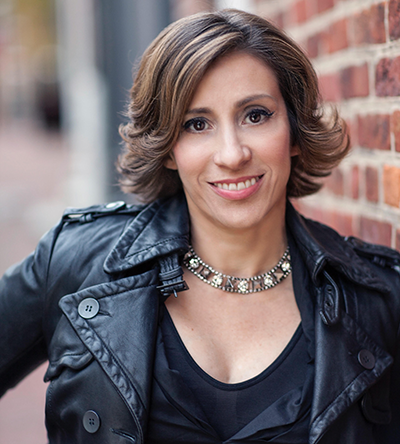
 a #1 New York Times, USA Today, and international bestselling author and comic book writer. As an award-winning, Bram Stoker Award-nominated young adult author of 12 novels and graphic novels, she has been published in 51 countries and 38 languages and her books have sold more than 10 million copies worldwide. Kami’s best known works include the Beautiful Creatures series, Teen Titans: Raven, The X-Files: Agent of Chaos, The Lovely Reckless, Broken Beautiful Hearts, and the DC Black Label comic Joker/Harley: Criminal Sanity. She is also a cofounder of the Kid Lit book festival YALLFest.
a #1 New York Times, USA Today, and international bestselling author and comic book writer. As an award-winning, Bram Stoker Award-nominated young adult author of 12 novels and graphic novels, she has been published in 51 countries and 38 languages and her books have sold more than 10 million copies worldwide. Kami’s best known works include the Beautiful Creatures series, Teen Titans: Raven, The X-Files: Agent of Chaos, The Lovely Reckless, Broken Beautiful Hearts, and the DC Black Label comic Joker/Harley: Criminal Sanity. She is also a cofounder of the Kid Lit book festival YALLFest.
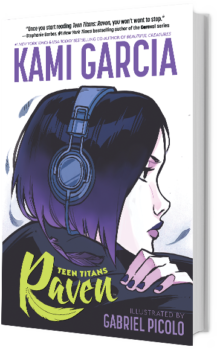
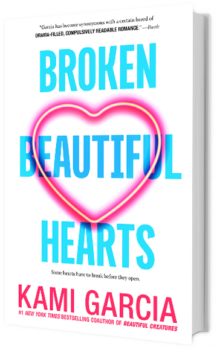
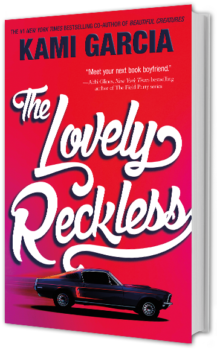
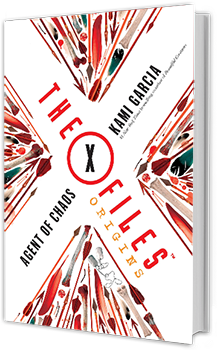
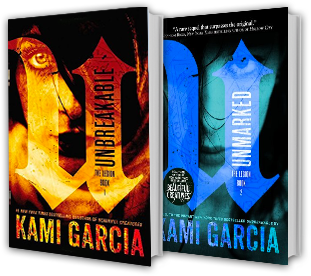
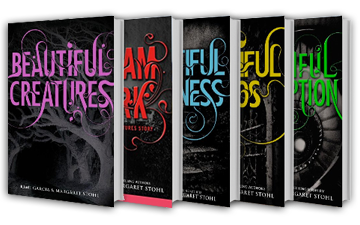
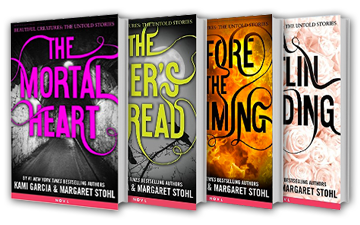
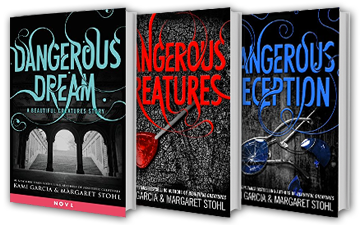
I am glad that other authors pulled out in solidarity. I understand that Hopkins’ books have edgy content, and I am glad that parents and teachers are interested enough to have read them and raise their concerns. However, maybe having Hopkins talk at the festival about the content, why it is important, etc.
If the parents/teachers haven’t even read the book(s) in question (which all too often is the case), then I am just disgusted.
Great post, and so true.
Well said, Kami!! It is a personal choice, a family choice. Every reader of every age is different– and in need of different books at different times.